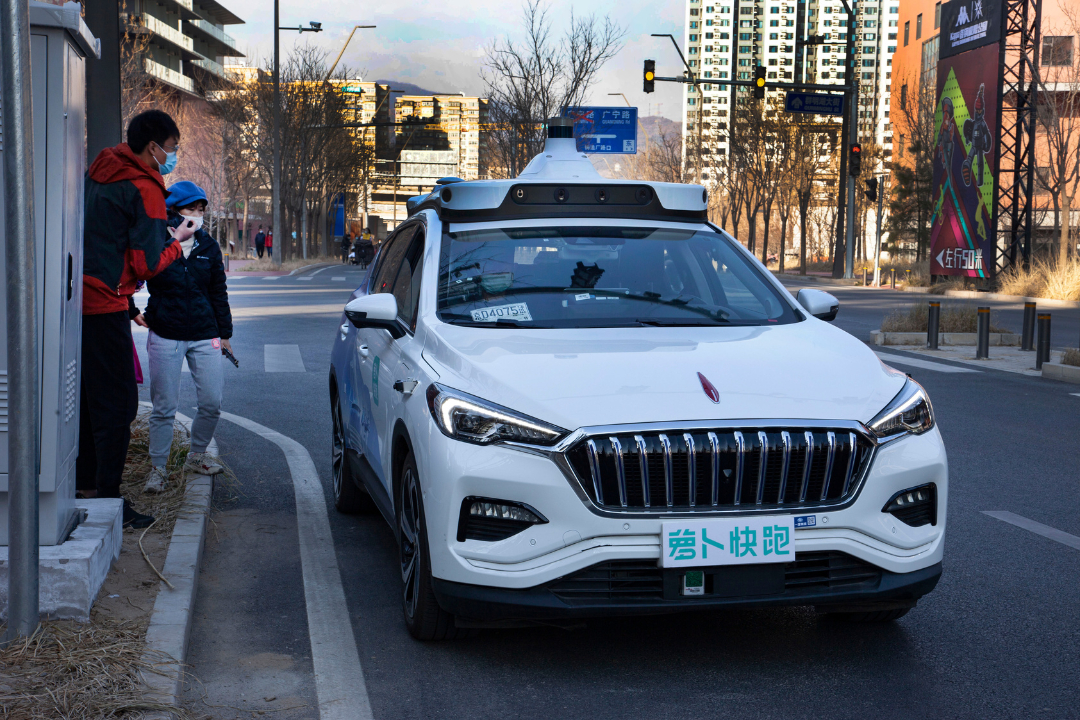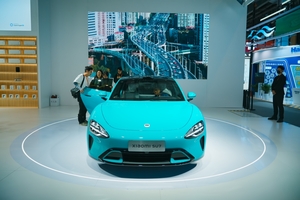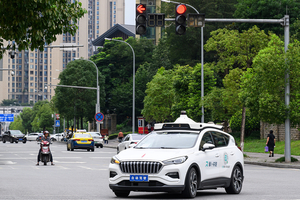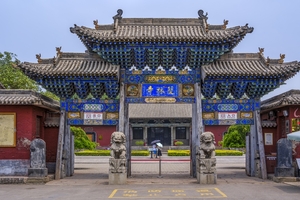China’s Auto Insurers Must Keep Pace With Driverless Tech, White Paper Says
Listen to the full version

The rapid rise of autonomous vehicles is exposing a critical gap in China’s automotive insurance market, with providers needing to ramp up the design of new coverage strategies and liability frameworks to keep pace with technological advancements, according to a new white paper .
As more vehicles equipped with advanced driver assistance systems, including Level 3 and Level 4 driving capabilities, transition from testing to public roads, new risks related to software safety and reliability, as well as data and network security are emerging, according to the paper published by Taiping Reinsurance (China) Co. Ltd. and the China Asia Pacific Reinsurance Research Center.

Download our app to receive breaking news alerts and read the news on the go.
Get our weekly free Must-Read newsletter.
- DIGEST HUB
- China's automotive insurance market must evolve to address risks associated with advanced autonomous vehicles, as highlighted by a new white paper.
- Incidents like a robotaxi-pedestrian collision in Wuhan spotlight gaps in insurance coverage and liability frameworks.
- The development of effective insurance products faces challenges in shifting responsibilities, liability determination, and pricing due to advancing technology.
- Baidu Inc.
- Baidu Inc. is a company involved in the operation of autonomous vehicles. A pedestrian was struck by an unmanned robotaxi operated by Baidu in Wuhan, sparking debate over liability and the robotaxi’s obstacle detection system. Additionally, Shanghai authorities have permitted Baidu to operate robotaxis without human drivers on designated routes in the Pudong area.
- Pony.ai Inc.
- Pony.ai Inc. is one of the companies authorized by Shanghai authorities to operate robotaxis without human drivers on designated routes in the Pudong area. This approval is part of Shanghai's efforts to advance the commercial deployment of self-driving cars.
- Taiping Reinsurance (China) Co. Ltd.
- Taiping Reinsurance (China) Co. Ltd. is a co-publisher of a white paper discussing the critical gaps in China's automotive insurance market due to the rise of autonomous vehicles. The company highlights the need for new insurance strategies and liability frameworks, emphasizing the challenges in shifting insurance responsibilities, determining liability, and developing pricing models due to the evolving technology of autonomous cars.
- By the end of last year:
- Around 4.7% of the vehicles on China’s roads were new energy vehicles (NEVs), which accounted for more than 8% of automotive insurance premiums.
- From 2021 to 2023:
- The number of insured NEVs in China increased from around 7 million to over 20 million, with total premiums rising from more than 30 billion yuan ($4.2 billion) to almost 100 billion yuan.
- Early July 2024:
- Beijing Municipal Bureau of Economy and Information Technology published draft rules for roadside infrastructure construction for autonomous cars.
- July 2024:
- A pedestrian was struck by an unmanned robotaxi operated by Baidu Inc. in Wuhan, Central China’s Hubei province.
- Days later after early July 2024:
- Shanghai authorities approved the operation of robotaxis without human drivers by companies including Baidu and Pony.ai Inc. on designated routes in the Pudong area.
- Thursday, August 29, 2024:
- Taiping Reinsurance (China) Co. Ltd. and the China Asia Pacific Reinsurance Research Center published a white paper on automotive insurance for autonomous vehicles.
- PODCAST
- MOST POPULAR







 Sign in with Google
Sign in with Google
 Sign in with Facebook
Sign in with Facebook
 Sign in with 财新
Sign in with 财新